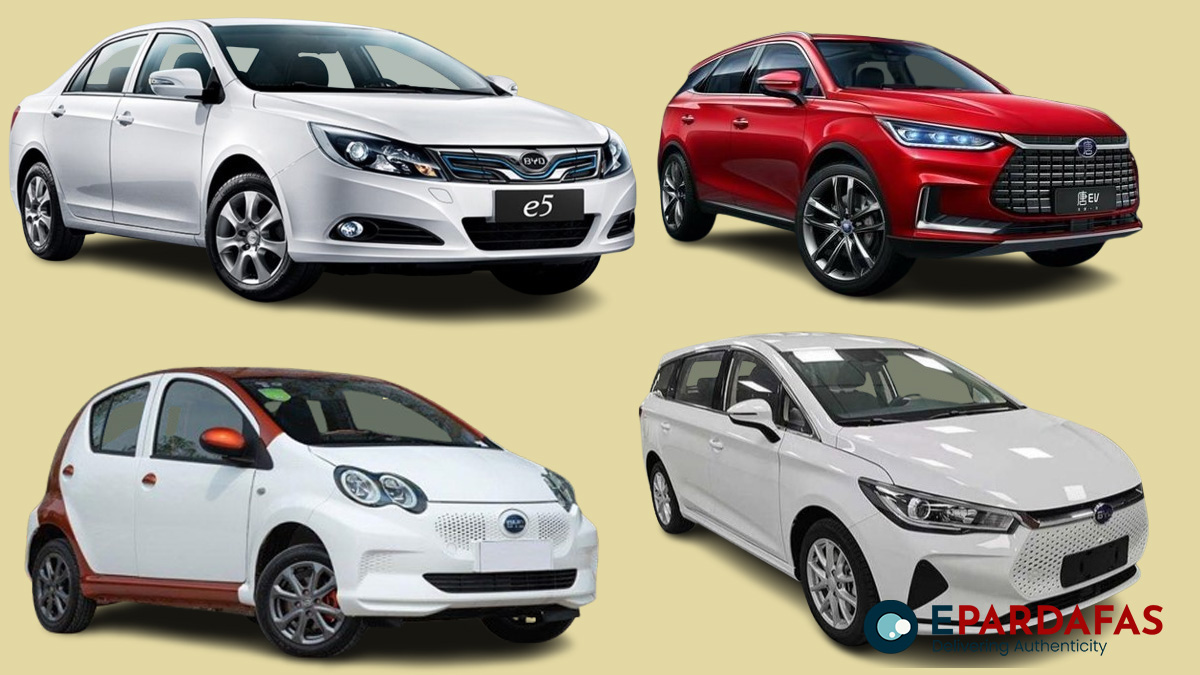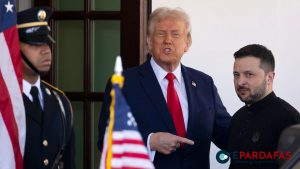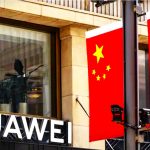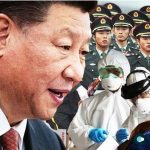
BYD Struggles in German Market Despite Ambitious Plans and Euro 2024 Sponsorship
Chinese electric vehicle (EV) maker BYD sold just 218 cars in Germany in August, down from 240 in July, according to the country’s transport authority. This marks a meager 0.1% share of the German auto market, Europe’s largest. The weak sales come days after BYD announced a new strategy, acquiring its distributor Hedin Electric Mobility in an attempt to expand its presence in the country.
This is a crucial moment for BYD, which is aiming for long-term growth in Europe. However, analysts are divided on whether the purchase of Hedin will turn things around for the automaker. Uli Kaiser, president of Asia-Pacific at German EV manufacturer e.Volution, believes the move will help BYD by providing tighter control over its operations. “BYD likes to be vertically integrated. They prefer to handle production and sales in-house, so taking over Hedin makes sense,” said Kaiser. He added that BYD might not have been satisfied with Hedin’s competence in the competitive German market.
Other experts, however, remain skeptical. Ferdinand Dudenhoeffer, director of the Center for Automotive Research in Bochum, Germany, criticized BYD’s marketing strategy, calling it slow and disjointed. He pointed to BYD’s sponsorship of UEFA Euro 2024, which has so far failed to boost sales. Despite taking Volkswagen’s place as the official mobility sponsor of the tournament, BYD’s message didn’t resonate with German viewers, and Dudenhoeffer doubts whether the brand will make a major breakthrough. “Trust in after-sales services is a big problem in Germany,” he said.
BYD’s August sales performance showed that its Euro 2024 sponsorship, which gave the brand significant visibility, did not lead to a noticeable sales bump. Each game reportedly attracted over 20 million viewers in Germany, a quarter of the population. Yet, the promotional efforts didn’t seem to click with potential buyers, as the company’s branding referred to its cars as “NEVs” (new energy vehicles), a term more familiar in China but alien to the German audience.
The sluggish sales are part of a broader challenge Chinese automakers face in Europe. Dataforce, an automotive research firm, reported that Chinese manufacturers sold 14,000 EVs in Europe in July, a drop from 23,000 in June. Germany’s decision to end consumer EV subsidies late last year has been cited as a factor, but analysts also point to BYD’s confusing marketing and lack of brand recognition.
BYD’s efforts in Germany are further complicated by its limited after-sales network, especially in rural areas. Currently, BYD works with around 30 dealerships in the country, but many buyers face long trips for vehicle inspections and services. However, BYD executives, including Stella Li, the company’s executive vice president, expressed optimism that the acquisition of Hedin will help strengthen after-sales support and expand the brand’s footprint in the coming years.
Despite these setbacks, BYD’s broader European ambitions remain undeterred. The company sold 21,721 EVs in Europe in the first half of 2023, accounting for around 2% of the market. It has set a goal of capturing 5% of the European EV market by 2025, when it plans to begin local production in Hungary.
BYD’s recent launch of the Seal U, a plug-in hybrid SUV priced at 38,900 euros, could provide a competitive edge in Germany, where rival models from Volkswagen and Ford retail at higher prices. Tu Le, managing director of Sino Auto Insights, pointed out that the European Commission’s new tariff structure favors BYD, as it faces lower duties on vehicles imported from China compared to other Chinese automakers. “The lack of additional tariffs for PHEVs creates a huge opening for BYD in Europe,” Le said, adding that despite early struggles, BYD is committed to finding its place in the German market.
The German market poses significant challenges, but BYD’s strategic moves, including its acquisition of Hedin and efforts to expand its sales and after-sales network, suggest that the company is prepared to play the long game in Europe.
- NEA Faces Financial Crisis as Bank Accounts Frozen Over Arbitration Dispute
- UN Working Group Condemns Bhutan for Arbitrary Detention and Human Rights Violations
- Foreign Minister Rana Holds Talks with Indian Counterpart S. Jaishankar
- Madhesh Province Declines Participation in SEE Over Unaddressed Concerns













Comments